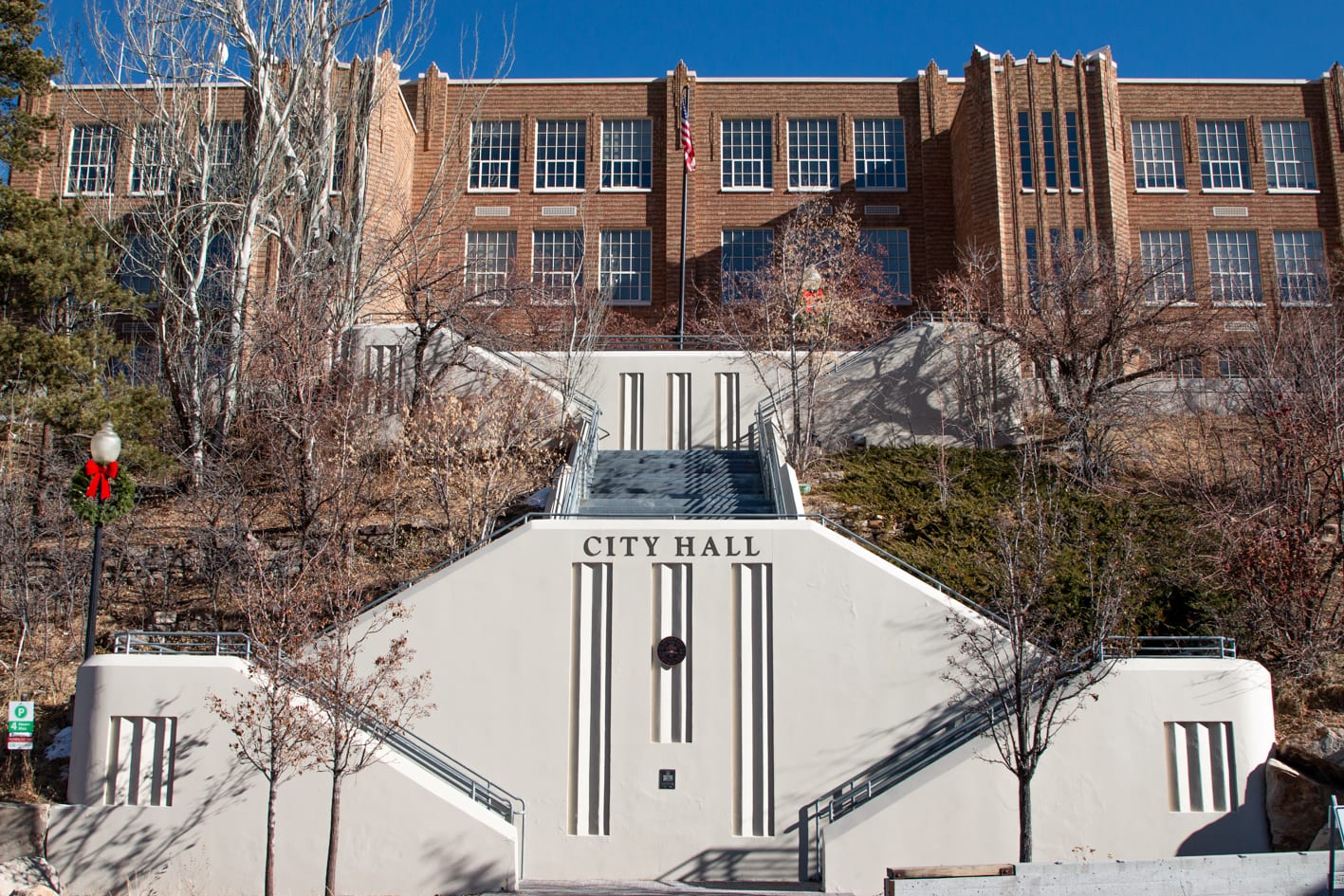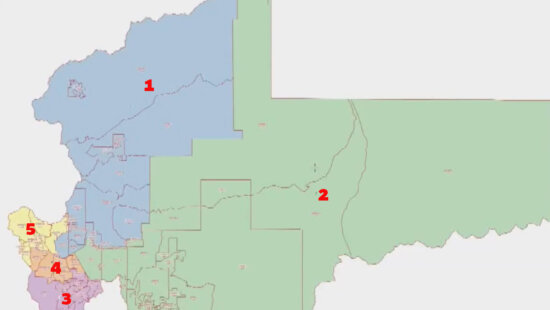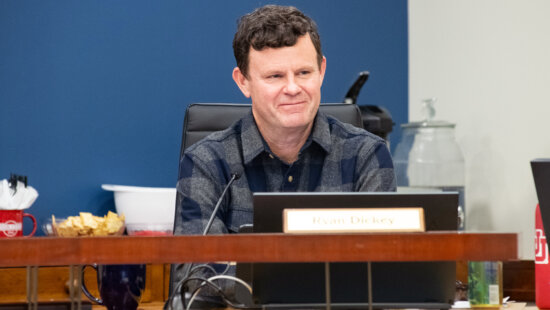Politics
Stop Dakota Pacific leader calls out Legislature for taking away local control
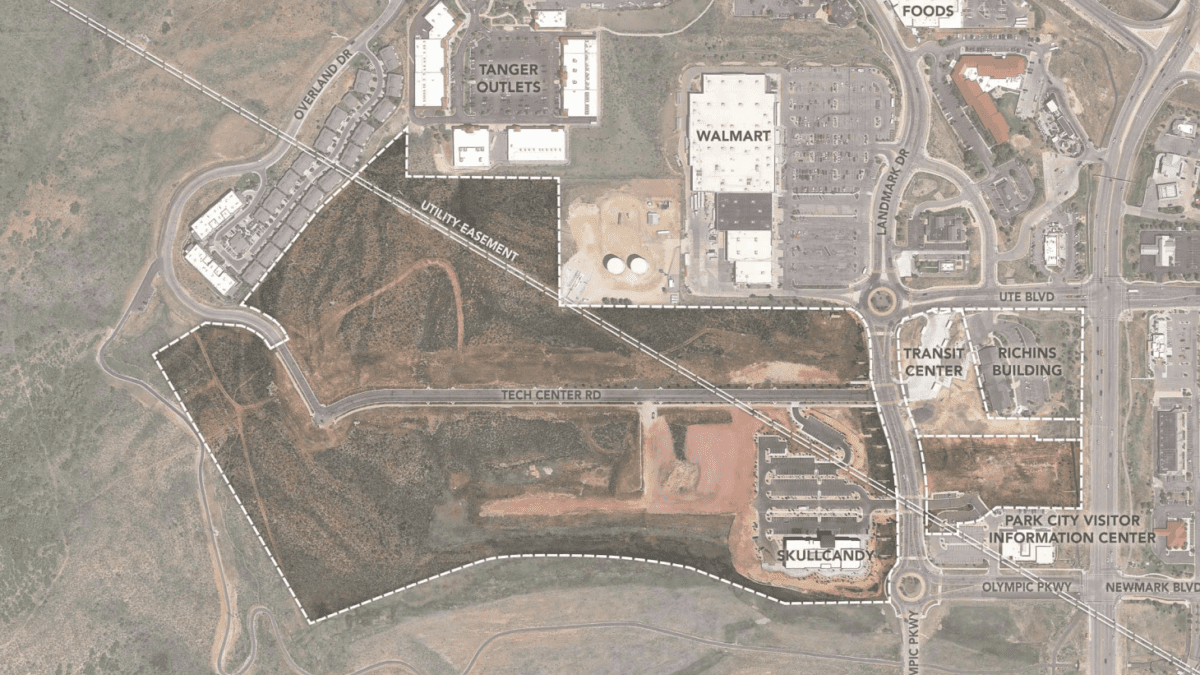
An aerial view of the proposed Dakota Pacific project site. Photo: Dakota Pacific Real Estate
SUMMIT COUNTY, Utah — The massive housing bill that is awaiting Utah Gov. Spencer Cox’s signature has a four-line provision that could significantly impact the residents of Park City and the Snyderville Basin.
House Bill 462 (HB462), which has been approved by the Utah House and Senate, “requires a county that has created a transit district by January 1, 2022, and which has a hub in unincorporated areas serving more than four routes — so i.e. Kimball Junction — to create a housing and transit reinvestment zone [HTRZ] at that hub by December 31, 2022,” according to Summit County Deputy Manager Janna Young.
An HRTZ is a mechanism from the Governor’s Office of Economic Opportunity (GOEO) that pushes the Utah Department Of Transportation (UDOT) to prioritize local improvements. It was created by the Legislature last year. UDOT is triggered in the program because of the added density the required development brings.
A separate bill — Senate Bill 140 — which is also awaiting the governor’s signature, would change the requirements of an HTRZ. Under the bill, 51% of developable residential land within an HTRZ would have to have a density of 50 units per acre.
Under the bill, 10% of the new residential units would be dedicated to affordable housing.
“We know that Dakota Pacific is quite connected at the state level,” said Mitch Solomon, who represents the Friends of Summit County for Responsible Development. The group organized late last year as the Summit County Council neared a vote to amend the 2008 agreement governing the Tech Park in Kimball Junction for a Dakota Pacific Real Estate project.
The project was seeking to build over 1,100 homes, along with commercial and office space in the area southwest of the Skullcandy building.
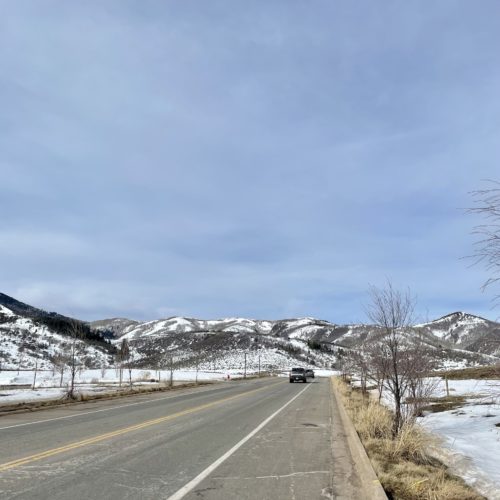
“It would appear to us that they used their influence to take the decision out of local jurisdictions, including Summit County in the case of this project, and move it up to the state and basically give the state the ability to rubber stamp the project without the community having the appropriate level of input,” he said.
“In a very conservative state, it’s really surprising to see local control taken away, because generally the mantra of conservatives is ‘we want local control.’
“We also believe, and I think correctly, that probably the vast majority of the legislators who voted on this probably have very little understanding of what’s in the bill or certainly the local impact.”
At the Park City Council meeting on Thursday, City Manager Matt Dias said some of the language in HB462 is “pretty bad” for Summit County.
“I’ll be really blunt. It does appear that there’s kind of special language in this legislation that specifically sort of targets,” Dias said. He pointed out how the law aims at the creation of High Valley Transit last year and the number of bus routes stationed in Kimball Junction.
Solomon said that “probably the vast majority of the legislators” didn’t know about the Dec. 1 Summit County Council meeting, in which hundreds of residents showed up in red to express adamant opposition to the development.
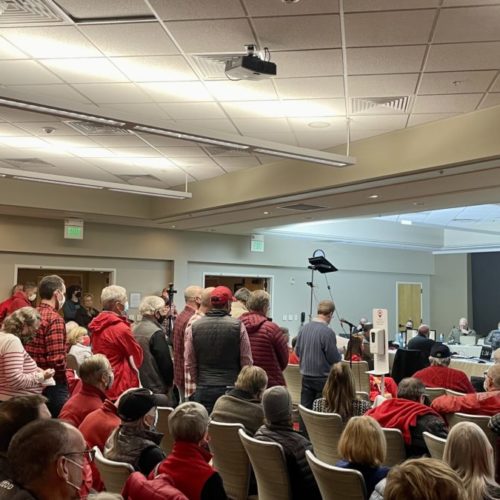
“People are furious… We’ve had what we thought were good faith discussions with Dakota Pacific,” he said. “There’s no doubt that they played a role in getting this passed.”
The county’s economic development manager Jeff Jones said that, while what is in the bill technically is not spot zoning, “it might serve the same purpose.”
Solomon said another reason residents are upset is that “their local government is unable to make important decisions based on strong local knowledge. I think that’s really infuriating.”
“We’re not done. We are continuing and have been in contact with our state legislators and are also reaching out to the governor to explain what happened and why we think this is bad for Utah and bad for Park City specifically.”
He said he had been in talks with Rep. Mike Kohler, who represents parts of Summit County and voted against the bill. Sen. Brian King, a Democrat representing the western parts of the Summit County, voted for the bill. Other members representing parts of the county — Sen. Ron Winterton (R), Sen. John Johnson (R), and Rep. Kera Birkeland (R) — voted against the bill.
The targeting of the project is a small piece of what is a very large housing bill, which contains many other elements: the establishment of a rural housing fund, moderate-income housing reporting requirements, and the prohibition of impact fees for the construction of certain internal accessory dwelling units.
Dakota Pacific Real Estate has not responded to a request for comment about lobbying efforts.
Gov. Cox’s office didn’t respond to a request for comment.
















